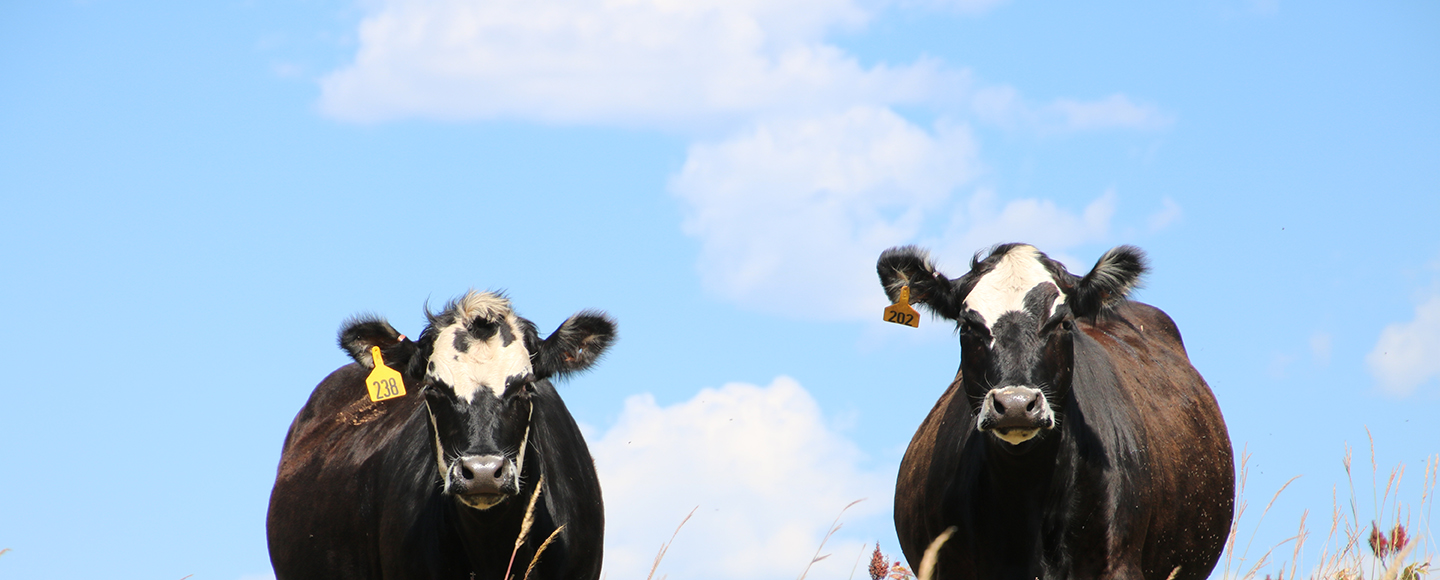
A study released yesterday estimates cattle industry losses as a result of the coronavirus pandemic will reach $13.6 billion. The study was commissioned by NCBA and conducted by a team of industry-leading agricultural economists led by Oklahoma State University Extension Livestock Marketing Specialist Derrell Peel to assist USDA in determining how best to allocate Coronavirus Aid, Relief and Economic Security Act funds to cattle producers.
The study shows cow-calf producers will see the largest impact, with losses totaling an estimated $3.7 billion, or $111.91 per head for each mature breeding animal in the U.S. Without offsetting relief payments, those losses could increase by $135.24 per mature breeding animal, for an additional impact totaling $4.45 billion in the coming years. The stocker/backgrounder segment losses were estimated at $159.98 per head, for a total economic impact of $2.5 billion in 2020, while feeding sector losses were estimated at $3.0 billion or $205.96 per head.
“This study confirms that cattle producers have suffered massive economic damage as a result of the COVID-19 outbreak and those losses will continue to mount for years to come, driving many producers to the brink of collapse and beyond if relief funds aren’t made available soon,” said NCBA Chief Executive Officer Colin Woodall.
Woodall pointed out that while the relief funds provided by Congress were a good first step, the results of the study illustrate that there remains a massive need for more funding to be allocated. He said relief funds that were meant to provide aid directly to cattle producers were divided among multiple commodities.
“It’s only because of the extraordinary circumstances we face today that cattle producers need relief. While we appreciate the many members of Congress who supported the cattle industry and ensured cattle producers were eligible for relief funds, we need these same members to do more to make certain every cattle producer who needs relief can access funding. That’s why we’re calling today for additional funds to be made available specifically for cattlemen and women,” said Woodall.
Joining Peel on the economic damage assessment team were Dustin Aherin, Rabobank; Randy Blach, CattleFax; Kenneth Burdine, University of Kentucky; Don Close, Rabobank; Amy Hagerman, Oklahoma State University; Josh Maples, Mississippi State University; James Robb, Livestock Marketing Information Center; and Glynn Tonsor, Kansas State University. The full economic assessment can be accessed here.